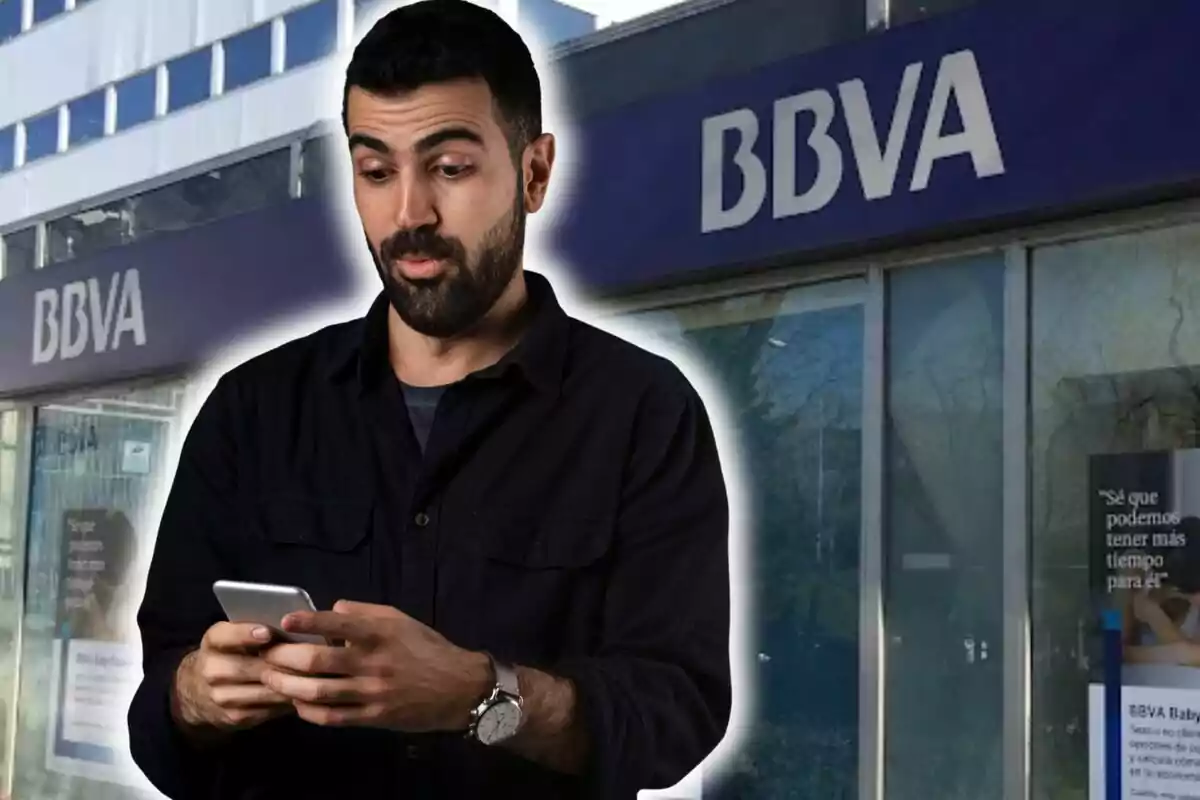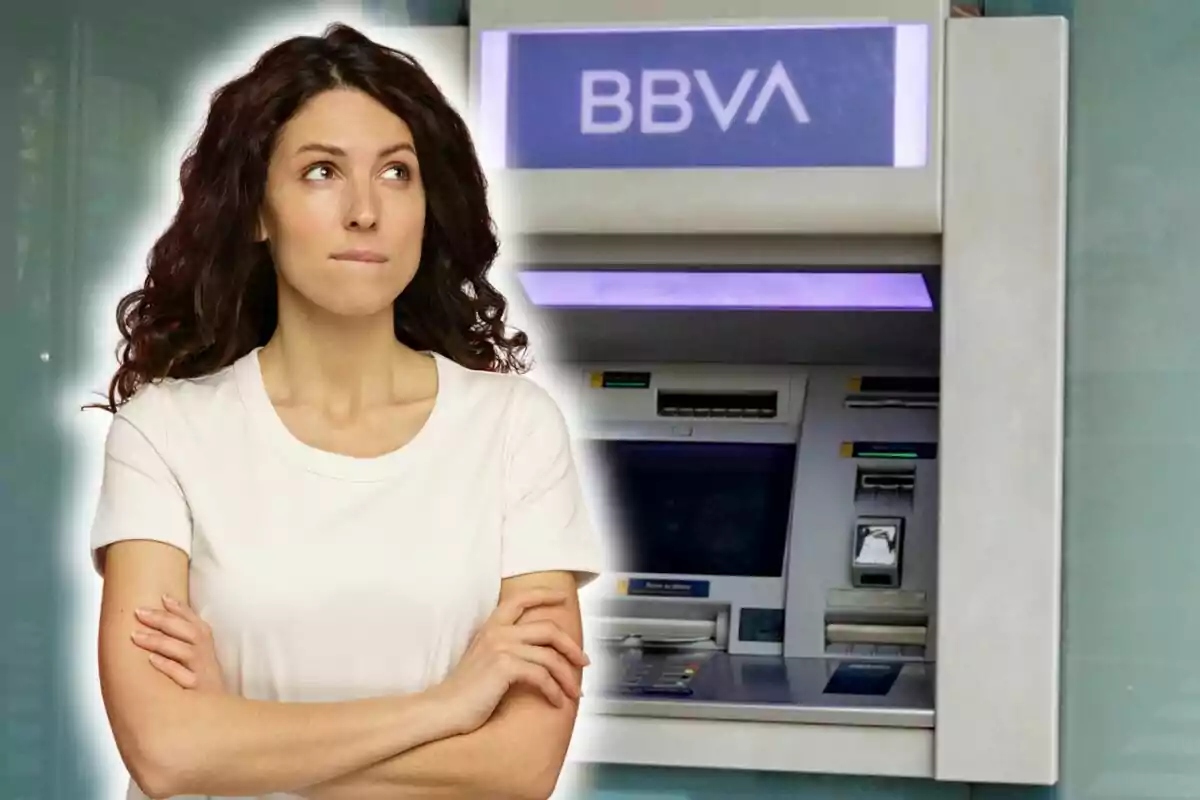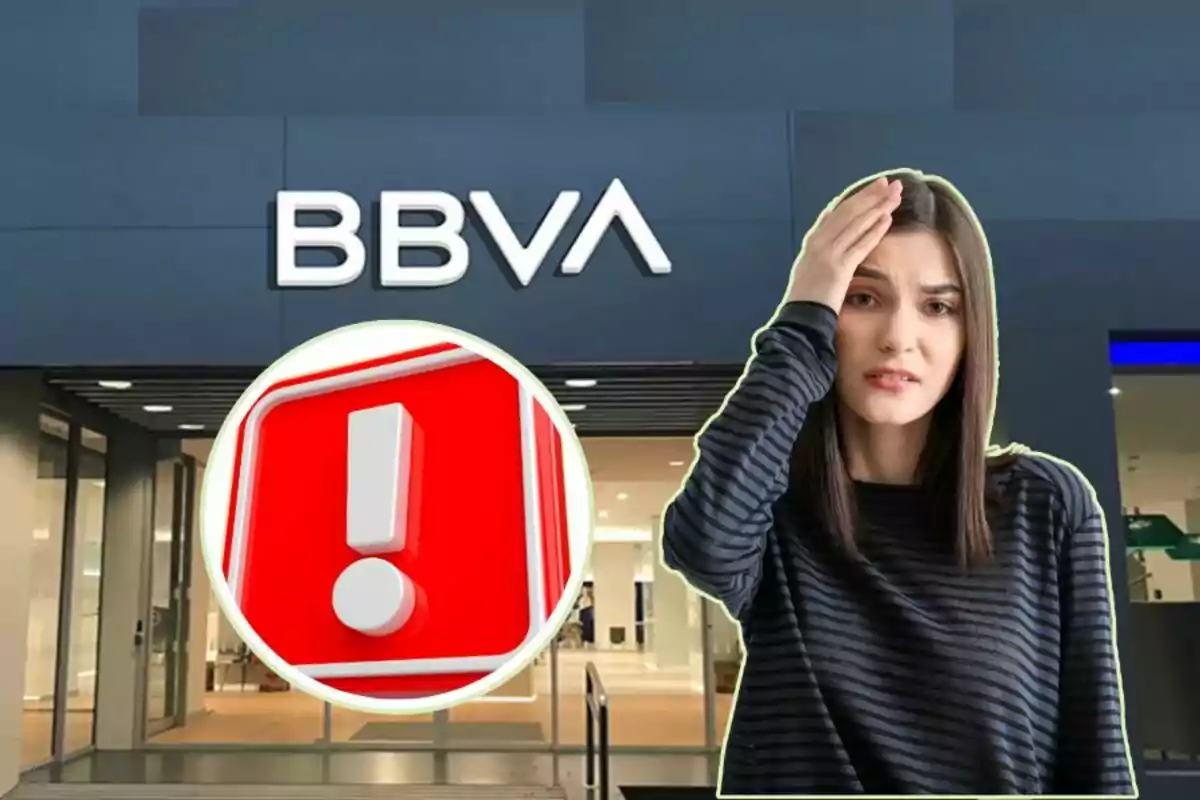
BBVA urgent alert: if it has reached your phone, don't even think about doing this
BBVA issues a strong warning to all its customers to prevent their personal or banking data from being stolen
BBVA has issued an important alert about a scam affecting its customers. Cybercriminals are using identity theft techniques to steal personal and banking data. It's essential to stay informed and follow the bank's recommendations to protect yourself.
The dangerous fraud BBVA warns all its customers about: watch out for spoofing
BBVA has detected a series of fraudulent messages sent via SMS and phone calls. These messages, known as "smishing," pose as official communications from the bank. Their goal is to trick customers into providing sensitive information, such as passwords and security codes.

"Spoofing" is a technique where scammers fake the identity of a trusted entity, like BBVA, to deceive victims. They can send messages that appear legitimate but actually seek to obtain personal or financial data. This practice is dangerous because it can lead to money theft and identity theft.
How should we act when faced with a suspicious SMS or call?
If you receive a message or call requesting personal or banking information, includes links or attachments, and creates urgency or threat, be careful. It's likely an attempted scam, so never provide personal data or access suspicious links. If in doubt, contact BBVA directly through its official channels.

Be wary of messages with links, BBVA never sends SMS with links, and if you receive one, it's fake. Never provide one-time passcodes (OTP) by email, call, or SMS. These codes are only requested in the bank's official applications.
BBVA recommends this to avoid being a victim of fraud
Verify the authenticity of communications. If you receive a suspicious message or call, contact BBVA directly through its official channels to confirm its veracity. Additionally, install antivirus software, keep your device's operating system updated, and perform periodic scans to detect potential threats.
Meanwhile, don't provide personal or banking data through suspicious links or messages. Carefully review the link contained in the SMS and see if it includes strange words or characters.
Remember to stay alert if you receive unexpected messages or calls requesting personal or financial information. It's also advisable to be suspicious in these cases:
- The message contains grammatical or spelling errors.
- The message creates a sense of urgency or threat.
- The link or phone number doesn't match BBVA's official ones.
More posts: